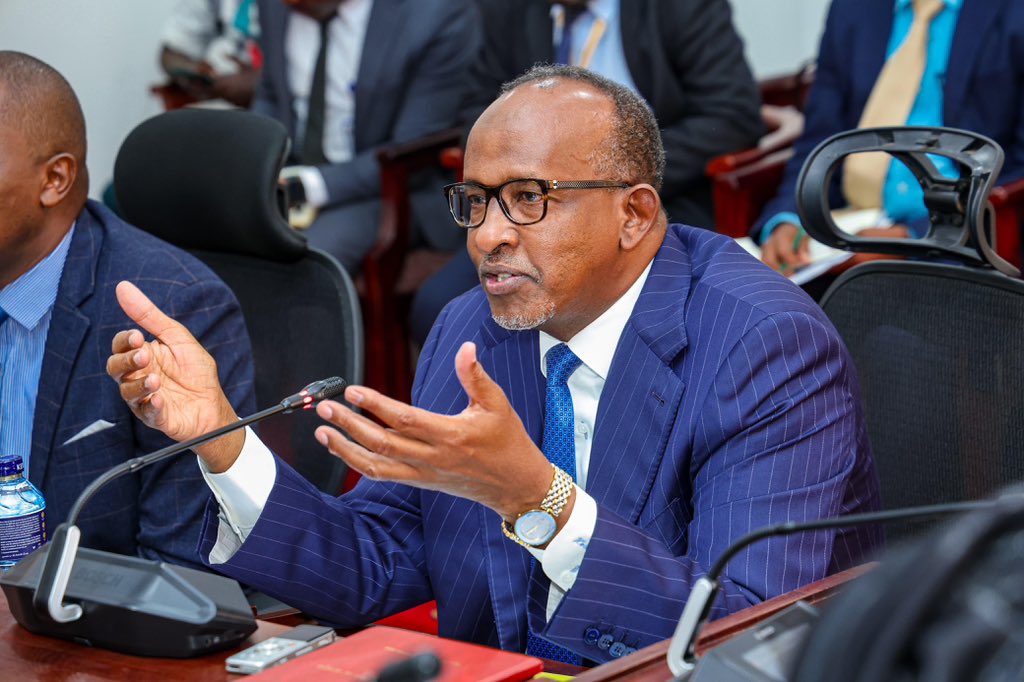
The Ministry of Health has investigated claims of possible organ trafficking in Kenya.
In a statement on Tuesday, Health Cabinet Secretary Aden Duale said the Ministry received concerns about a rise in foreign nationals, especially from Israel, receiving kidney transplants in Kenya.
An international medical group raised fears that some of these cases might involve an organised group trying to bypass the country's medical rules.
To look into the matter, the Ministry formed a special team of experts. This included doctors, transplant specialists, ethicists, government officials, and medical regulators.
The team carried out an investigation between December 5 and 8, 2023.
Their focus was to check whether the claims were true, inspect how transplant services were being run at a hospital in Eldoret, and recommend next steps.
The hospital under review had official permission to perform kidney transplants.
Over five years, it had done 372 transplants—mainly for patients from Kenya and East Africa, and a few from countries like Israel, the U.S., and the UK.
The team found that while all kidney donations reviewed had consent forms, there were gaps. In some cases, it was not clear how the donor and recipient were related. Some medical tests were also done in India without Ministry approval.
Other issues included:
Lack of translated documents for patients who don’t understand English.
Some patients had serious health risks or were too young or too old.
Some transplants went ahead despite poor matches between donors and recipients.
The hospital did not hold regular review meetings or keep certain health records.
The team made several recommendations:
Create national standards and laws to guide transplant services and prevent organ trafficking.
Improve the process for checking donor-recipient relationships.
Set up a central registry for transplant services in the country.
Make sure all transplant cases are reviewed by an independent medical team.











